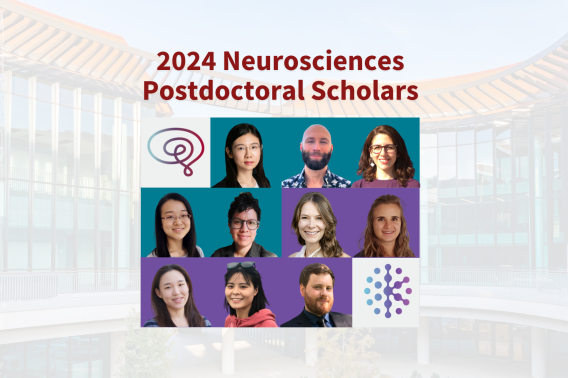Project Summary
Studying the brain circuits involved in aggression will help us tackle big social issues like hate crimes, antisocial behavior, and violence. Imagine if we could better understand why some people act aggressively towards others—we could use this knowledge to protect people from harm and create a world where everyone feels safe. Chemicals in our brain, such as dopamine and serotonin, affect neural activity to modulate behavior. When we experience something rewarding, like having good food or meeting friends, dopamine is released in the brain. Serotonin also plays a role in reward processing, but its exact role remains mysterious. Previous studies have implied that serotonin modulates social rewards, and that aggressive individuals often have low levels of brain serotonin, but there is no study directly addressing how serotonin achieves the pro-social effect via the neurons it acts on, nor do we know how it interacts with dopamine to shape neural activity and mediate social behavior. My research focuses on the nucleus accumbens, a small but vital brain region, which has been linked to several mental health issues, such as addiction and depression. It receives both serotonin and dopamine signals, and is active during aggression and social interactions. My hypothesis is that dopamine and serotonin have different effects on the neurons in the accumbens, and mediate aggressive behavior in different ways. To test this, I will record the activity of neurons in mice when they attack an intruder mouse, and artificially trigger the release of serotonin or dopamine in this brain region to see how these chemicals act on the neurons and affect aggressive behavior. I hope this research will help us understand more about the neural basis of aggression and ultimately guide the development
Project Details
Funding Type:
Neurosciences Postdoctoral Scholar Awards (Interdisciplinary)
Award Year:
2024
Lead Researcher(s):
Team Members:

